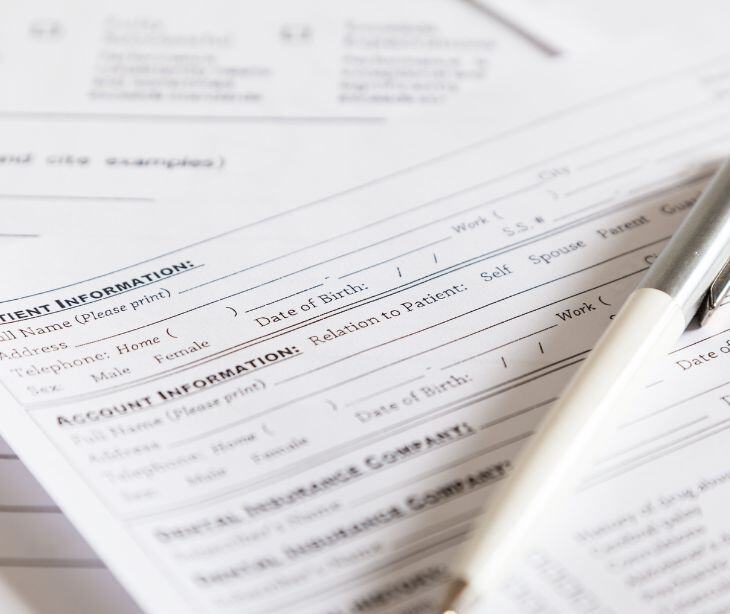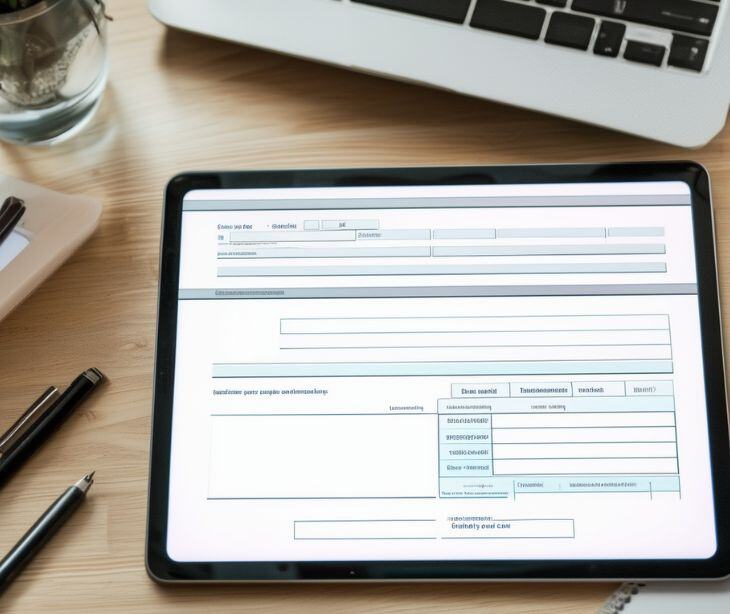
HIPAA forms serve various purposes in ensuring compliance with the Health Insurance Portability and Accountability Act (HIPAA). They help protect patient privacy and provide secure handling of protected health information (PHI).
Uses of HIPAA forms
Patient consent forms
Consent forms permit healthcare providers to access, share, or release their medical information. Consent forms ensure that patients understand how their data will be used and that their rights are respected. Common examples include forms for:
- Treatment consent: Patients authorize their healthcare provider to deliver necessary medical treatments.
- Data sharing consent: Patients give permission for their information to be shared with other healthcare professionals, insurance companies, or third parties as necessary.
By obtaining written consent through a HIPAA compliant form, healthcare organizations ensure that patients are fully informed and compliant with privacy regulations.
Release of Information forms
A Release of Information (ROI) form is used when a healthcare provider is required to share patient health data with a third party, such as another healthcare provider, insurance company, or family member. These forms typically specify:
- Who the information will be shared with
- What specific information is being released
- The purpose of the release
HIPAA compliant ROI forms provide a secure and documented way for healthcare providers to release medical records while adhering to HIPAA standards. This ensures that patient data is only shared with the appropriate individuals or organizations and for legitimate purposes.
Medical records access forms
HIPAA gives patients the right to access their health information. Medical records access forms are used when patients request copies of their medical records, test results, or other health-related documents. These forms typically require the patient to:
- Specify which records they need
- Indicate how they wish to receive the information (e.g., electronic or hard copy)
- Provide identification to confirm their identity
A HIPAA compliant form helps healthcare providers track and manage these requests while ensuring that the release of records is done in accordance with HIPAA guidelines.
See also: How to handle patient data requests
Authorization forms for payment and billing
Healthcare providers often need to collect information for billing and payment purposes. HIPAA compliant forms can be used to:
- Authorize insurance companies to release payment to the healthcare provider.
- Obtain permission from patients to charge their accounts for services rendered.
These forms ensure that billing processes remain secure and transparent while also protecting patient financial and medical information.
Healthcare surveys and questionnaires
Healthcare providers may use surveys or questionnaires to collect feedback from patients about their healthcare experience or to gather information for clinical studies or research. When personal health information is involved, a HIPAA compliant form is required to:
- Ensure the confidentiality of responses
- Obtain patient consent for data usage in research or studies
HIPAA compliant forms help ensure that any information shared through surveys or questionnaires is kept private and only used for the intended purposes.
Telehealth and remote care forms
With the rise of telehealth and remote care services, HIPAA compliant forms have become crucial for ensuring that virtual interactions meet privacy and security standards. These forms may include:
- Telehealth consent forms: Patients acknowledge that they understand the nature of virtual healthcare and consent to receive treatment remotely.
- Consent to share information electronically: Ensures that patients are aware of how their data will be shared and stored when using digital platforms for healthcare.
These forms help telehealth providers comply with HIPAA requirements while delivering care remotely.
HIPAA authorization for marketing purposes
“The HIPAA Privacy Rule gives individuals important controls over whether and how their protected health information is used and disclosed for marketing purposes. With limited exceptions, the Rule requires an individual’s written authorization before a use or disclosure of his or her protected health information can be made for marketing,” says the HHS. These forms for allow healthcare providers to:
- Request patient consent to use their information for marketing activities, such as sending newsletters, offers, or promotional materials.
- Specify how the information will be used and for how long.
Without proper authorization, healthcare providers risk violating HIPAA regulations related to marketing and communications.
Related: The different types of HIPAA forms
Using Paubox
Paubox Forms is a HIPAA compliant solution that enables healthcare organizations to securely collect patient information online. By using Paubox Forms, healthcare providers can ensure that sensitive patient data is transmitted and stored in a fully encrypted environment, meeting HIPAA’s strict privacy and security standards. Paubox Forms eliminates the risks associated with traditional paper-based forms, offering a streamlined and efficient way to gather necessary medical, consent, and billing information. Patients can securely submit forms through a user-friendly interface, and healthcare providers can access the information instantly, ensuring compliance with HIPAA regulations while enhancing the patient experience. Whether for appointment scheduling, insurance verification, or medical history intake, Paubox Forms makes managing patient data both safe and efficient.
Read also: Collect patient data securely with Paubox Forms
FAQs
What is a HIPAA form?
A HIPAA form is a document used by healthcare providers, insurers, or other covered entities to ensure compliance with the Health Insurance Portability and Accountability Act (HIPAA). These forms collect, share, or manage patient information securely and legally.
When is a HIPAA authorization form required?
An authorization form is required when a healthcare provider or covered entity needs to disclose PHI for purposes beyond treatment, payment, or healthcare operations—for example, for marketing, research, or sharing data with non-healthcare-related third parties.
How long are HIPAA forms valid?
The validity of a HIPAA form depends on the terms specified within the form. For example, a patient may authorize the release of their information for a specific duration or until a particular purpose is fulfilled.
Subscribe to Paubox Weekly
Every Friday we'll bring you the most important news from Paubox. Our aim is to make you smarter, faster.



